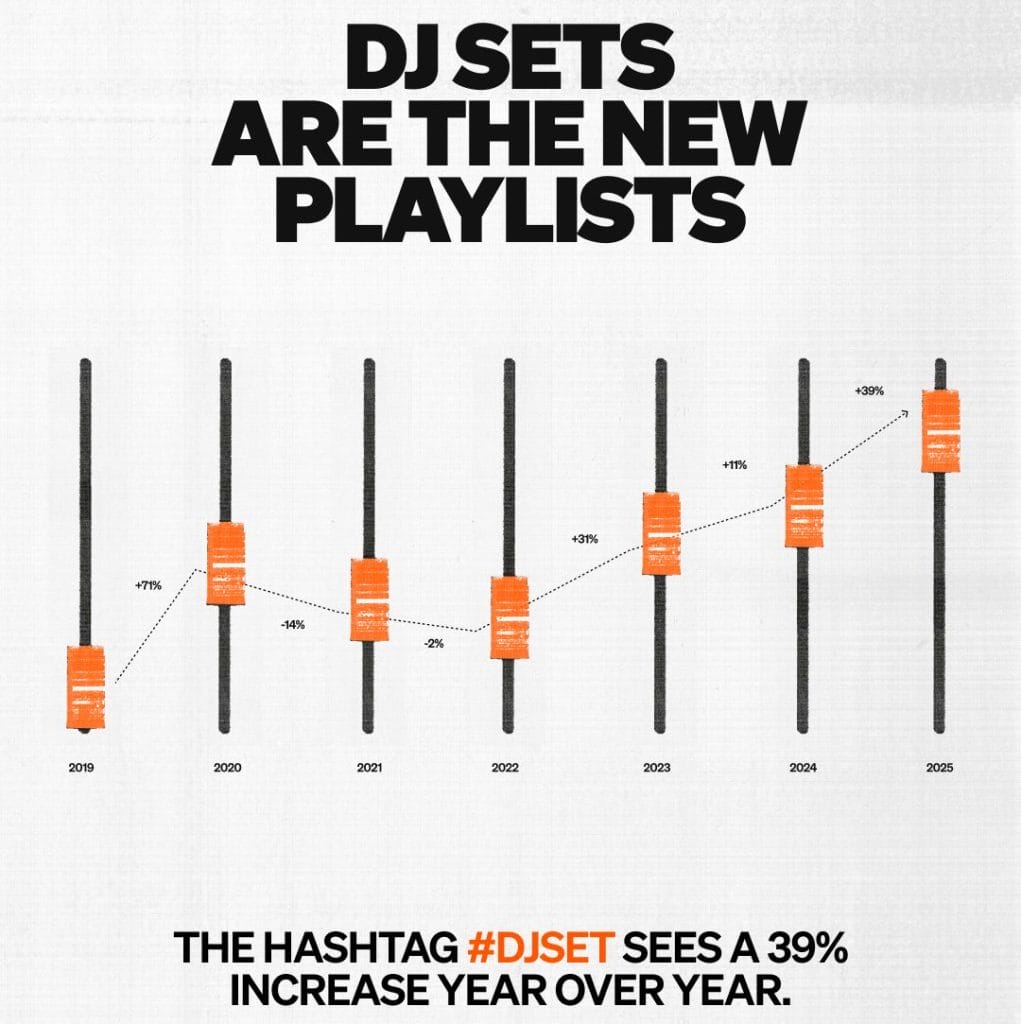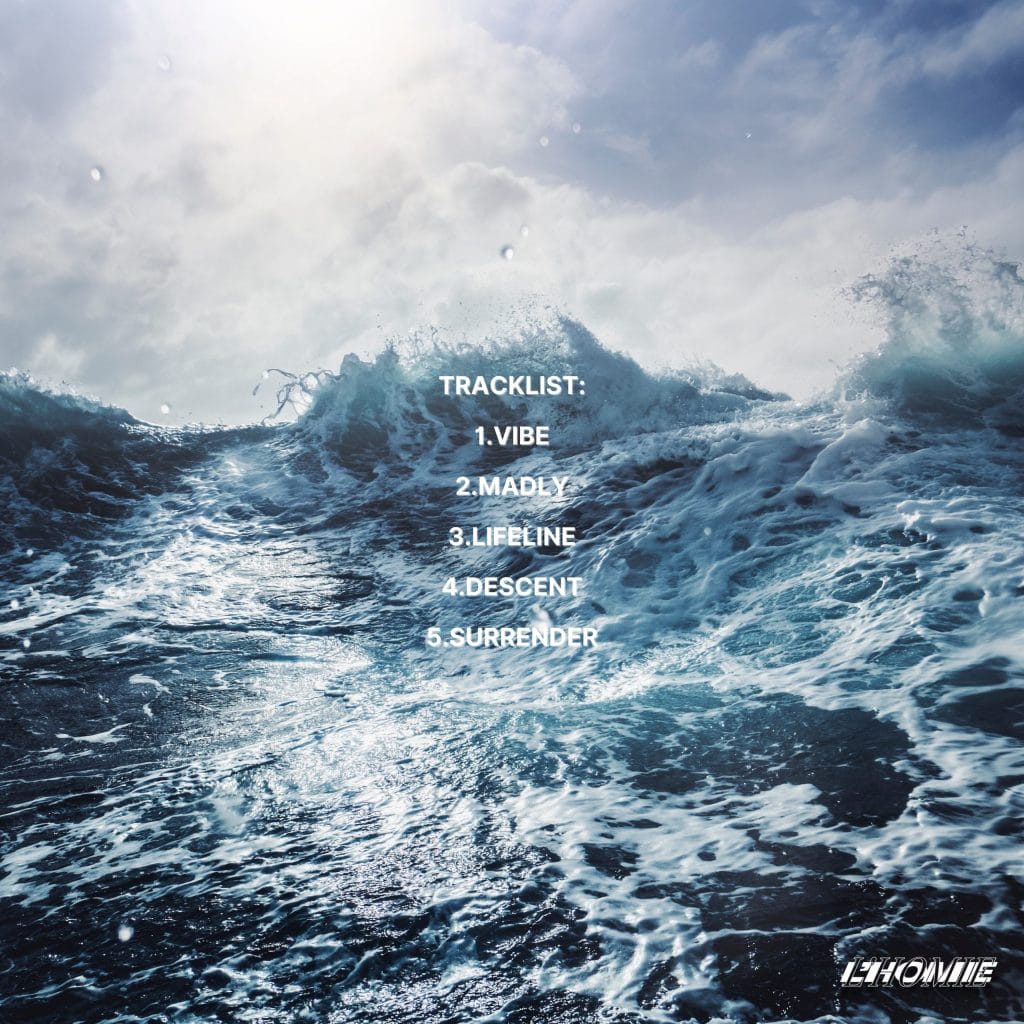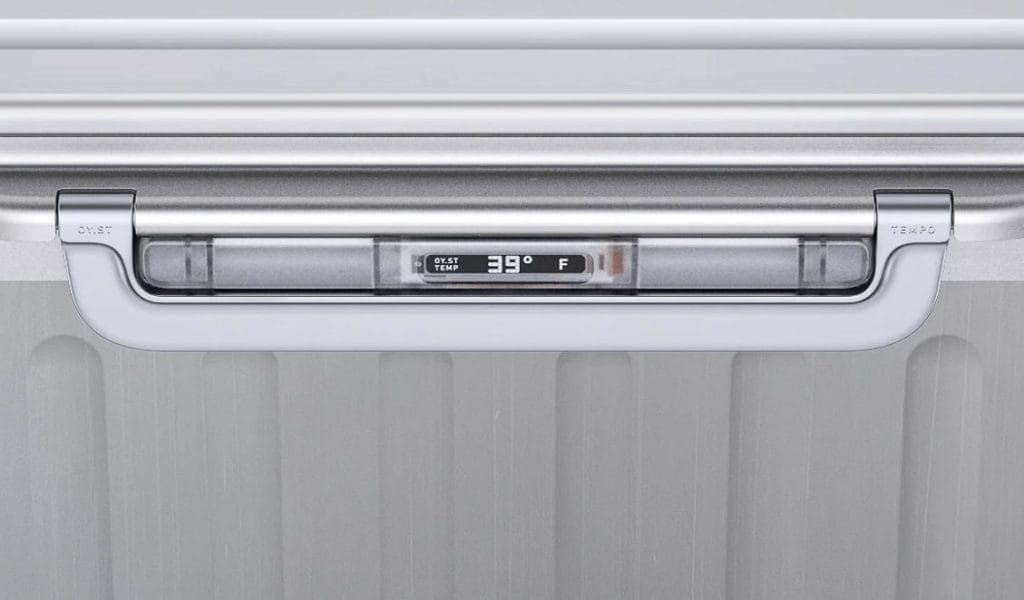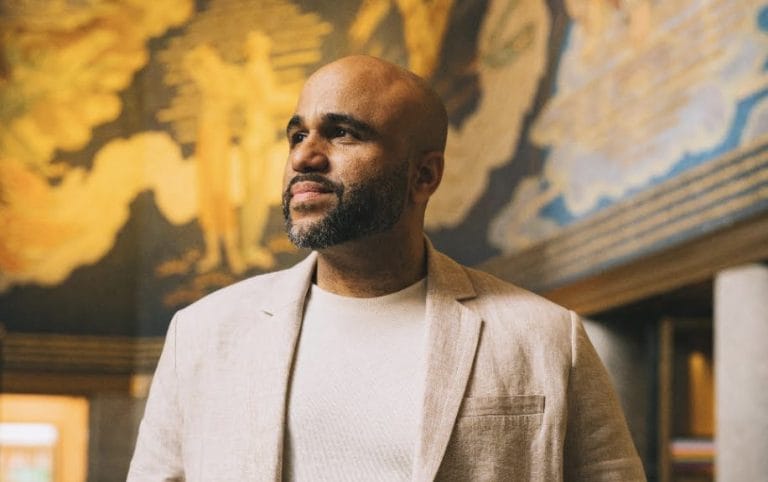This is a guest Op-Ed by Pablo G Velez (pictured below)
For many international EDM DJs, performing in the United States is a career-defining milestone—access to a massive audience, legendary venues, and high-profile festivals. Yet some artists face a major roadblock before they can take the stage: inadmissibility.
Inadmissibility means U.S. authorities have determined someone cannot legally enter the country. While there are many possible reasons, several are particularly common in the music world. Past criminal convictions—even seemingly minor ones abroad, such as small-scale drug possession or a bar fight—can fall under U.S. immigration categories like “crimes involving moral turpitude” or controlled substance violations. Immigration issues, such as overstaying a U.S. visa, working without authorization (especially under a tourist visa or ESTA), or entering without inspection, can trigger multi-year entry bans. Prior visa refusals or false statements to immigration officials may result in findings of fraud or misrepresentation, among the most serious grounds.
For a DJ with a U.S. tour scheduled, these issues can feel like the end of the line. Fortunately, U.S. law provides a remedy: non-immigrant waivers of inadmissibility.
A 212(d)(3) waiver allows an otherwise inadmissible person to enter temporarily for a specific purpose—such as performing at a festival or touring. It can cover a broad range of grounds, including most criminal issues, immigration violations, and fraud findings, though national security concerns and certain serious drug offenses generally cannot be waived.
The process begins with securing an approved petition in the appropriate visa category—often O-1B for individuals of extraordinary ability in the arts or P-1B for internationally recognized entertainment groups. During the visa application at a U.S. consulate, the waiver request is submitted.
When reviewing a waiver application, U.S. officials weigh factors such as the risk to U.S. society if the applicant is admitted, the seriousness and timing of the inadmissibility, and the importance of the visit. For DJs, this last factor can involve demonstrating cultural significance, economic benefit, or participation in major industry events. Strong supporting evidence may include letters from promoters, contracts, media coverage, and proof of rehabilitation or good conduct.
For EDM DJs, a past mistake or visa complication doesn’t have to close the door to the U.S. market. With the right preparation and legal strategy, a non-immigrant waiver can make it possible to perform for American fans while staying fully compliant with U.S. immigration law.
The post A Brief Discussion of Waivers for EDM DJs appeared first on Magnetic Magazine.






